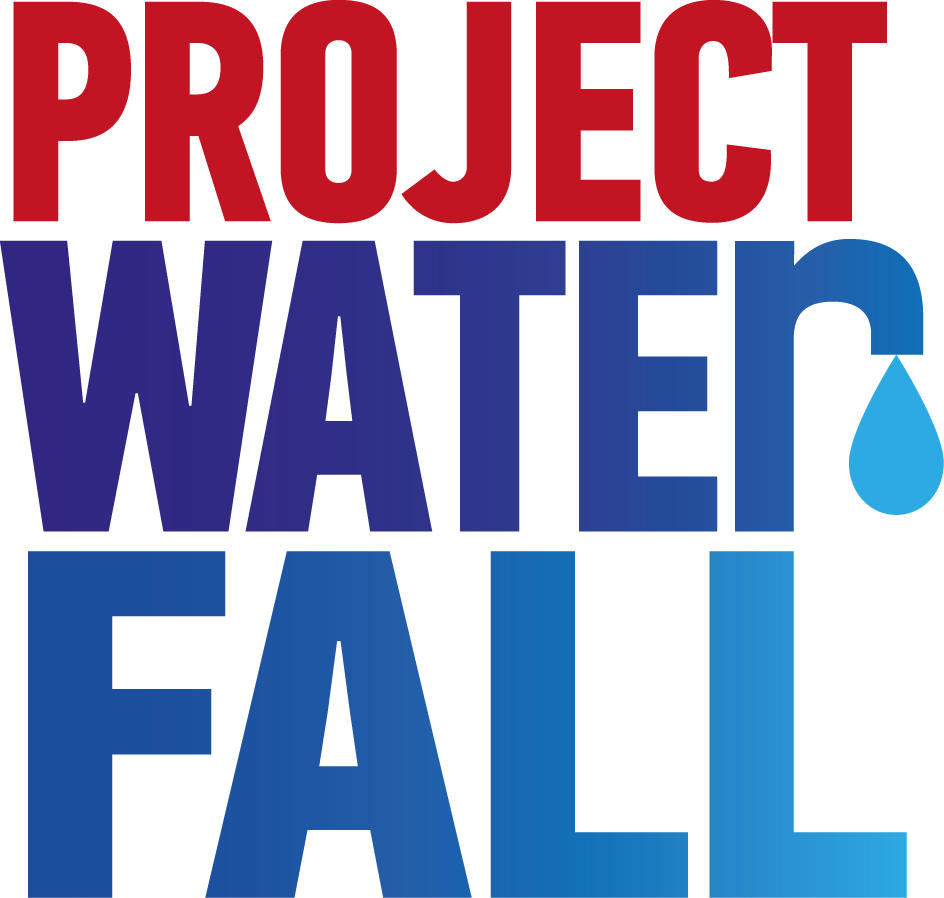The benefits of going to school to get an education are no secret. Not only does it increase the chances of personal success, but levels of education within a population are also linked to a country’s success in development. Countries with high education levels have decreased maternal mortality and child marriage rates, greater social equality between ethnic groups and between men and women, and better overall health of the population, all of which lead to stronger economies.
For all of these reasons, Ethiopian authorities have funneled much of their time and resources into improving the quality and levels of access to education for all their citizens. Since the Higher Education Proclamation was established in 2003, the number of academic institutions in Ethiopia has rapidly multiplied. Another added bonus is that all government-affiliated public schools are free to attend. Theoretically, regardless of disparities in income, any child in Ethiopia can attend school from the time they are 5 all the way through University level or vocational training with the only added costs being what they wear on their feet.
So why do so many children still not attend?
We got in touch with our partners WaterAid, who were on the ground in Amhara, Ethiopia at the clean water project funded by UK Coffee Week 2015. They shared with us the story of Alemnesh, a young 15-year-old who recently moved back in with her parents after divorcing her husband.
Alemnesh was fuelled with new-found determination now that she was no longer married, and she decided to go to school as the first step in accomplishing her goals. Quickly though, Alemnesh discovered that she was needed at home.
“My parents only have one boy, the rest of us are girls. Four girls. So I had to help out at the farm and then collect the water, which in bad days would take five to seven hours of your day. So I was not able to go to school.”
Today, with funds donated by Project Waterfall and the combined efforts of WaterAid and local villagers on the ground, Alemnesh’s village has a hand pump that supplies 5,700 litres of water per day – an amount that is more than sufficient to provide for the entire village.
Alemnesh was excited to say, “Now, things are different. The water is so close. It takes maybe five minutes? Maybe not even that long – it’s right there!”
Girls like Alemnesh have been given the gift of time now that they do not have to spend hours every day collecting water for their families. We look forward to hearing about her bright future.
Over 70 years ago, Maslow developed his theory on the hierarchy of needs, arguing that there are 5 levels of human needs arranged in a pyramid that must be satisfied from the bottom up. While his theory has been criticized as reductive, there is something simple and honest about his conceptualization of the building blocks to personal success. When we are deprived of our most basic human needs, life becomes ordered around what it takes to survive.
The resources spent on improving Ethiopia’s education system are not frivolous, but they will only be fully utilized when equal attention is given to improving access to clean water. Solving the global water crisis is truly the first step in breaking cycles of poverty. Please help us to continue bringing girls like Alemnesh one step closer to their dreams.


